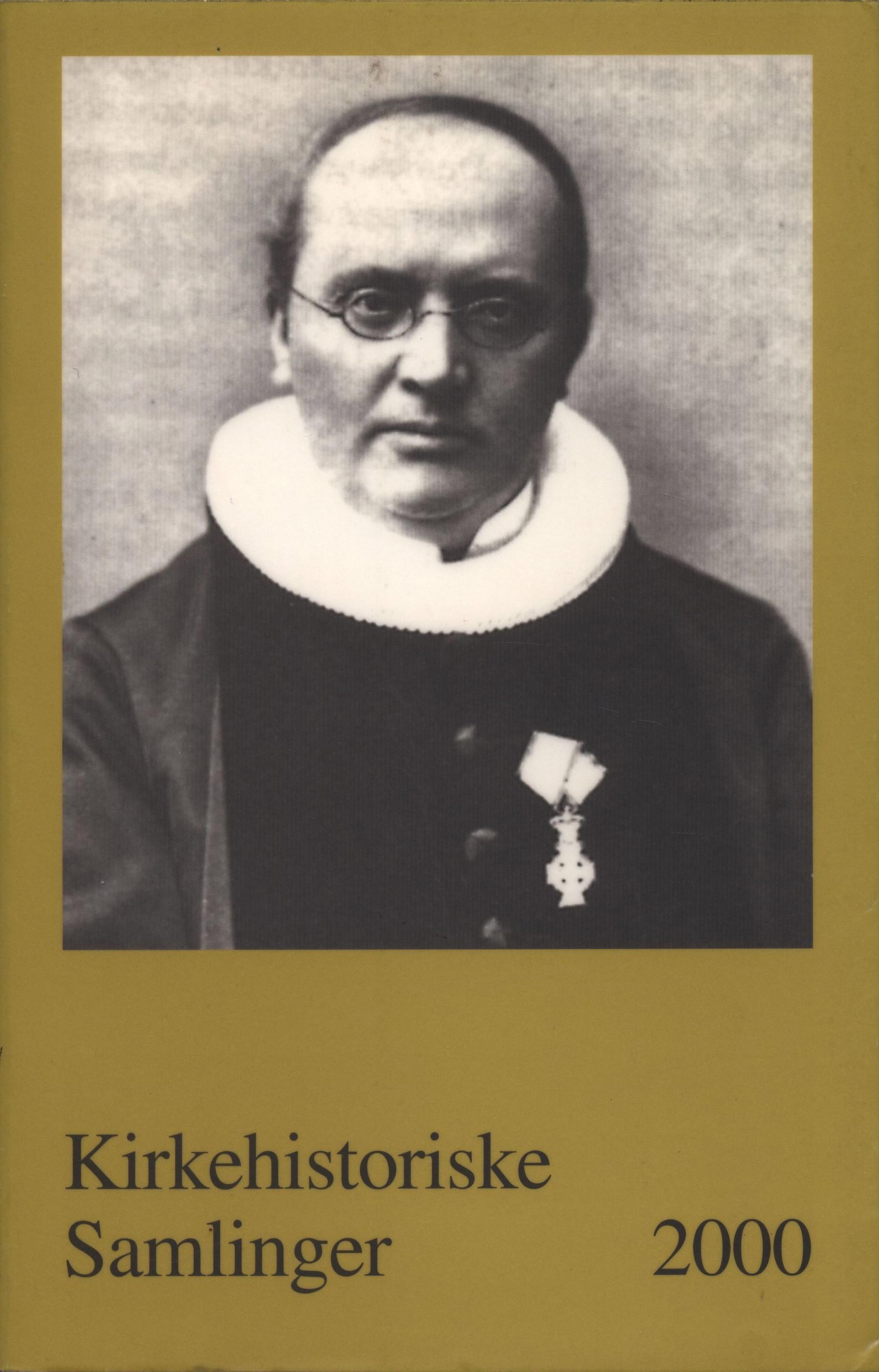Publiceret 15.12.2000
Citation/Eksport
Copyright (c) 2024 Tidsskriftet Kirkehistoriske Samlinger

Dette værk er under følgende licens Creative Commons Navngivelse – Ingen bearbejdelser (by-nd).
Resumé
The subject of this article is the history of the Copenhagen Unitarian congregation. Unitarianism has its roots in early Church and in the Age of the Reformation. It first gained significance on Anglo-Saxon soil during the Age of Enlightenment. From the beginning Unitarianism has been critical towards the trinitarian dogma. Modem Unitarianism has positioned itself as advocate oftolerance, human rights and social welfare, its attitude towards other religions has been open. In Denmark Unitarianism was established as an independent church community in 1900. The first minister of the congregation, Uffe Birkedal, had been a pastor in the Danish National Evangelical Lutheran Church (folkekirken). He acted as Unitarian minister 1900-1918. Birkedal’s Grundtvigian background influenced Danish Unitarianism in its first phase, with a strong element ofrationalism. The congregation tended to regard itself as a Free Church without enmity towards the National Church. Gradually the gap widened. BirkedaTs successor as minister was Thorvald Kierkegaard, MD, who reprensented an emotionalized brand of liberal theology with an addition of theosophy. After Kierkegaard's death in 1965 the congregation has been without permanent ministers, but is led by a kind of fellowship. The membership, which never exceeded 500, has declined significantly. Inspiration is no longer found in Grundtvig and early liberal theology, whereas the connection to American univarsalism and Unitarianism is clearly demonstrable. It is no longer possible to speak of special Danish features, but, on the contrary, of the holism of modernity, pantheism, and New Age ideas.

